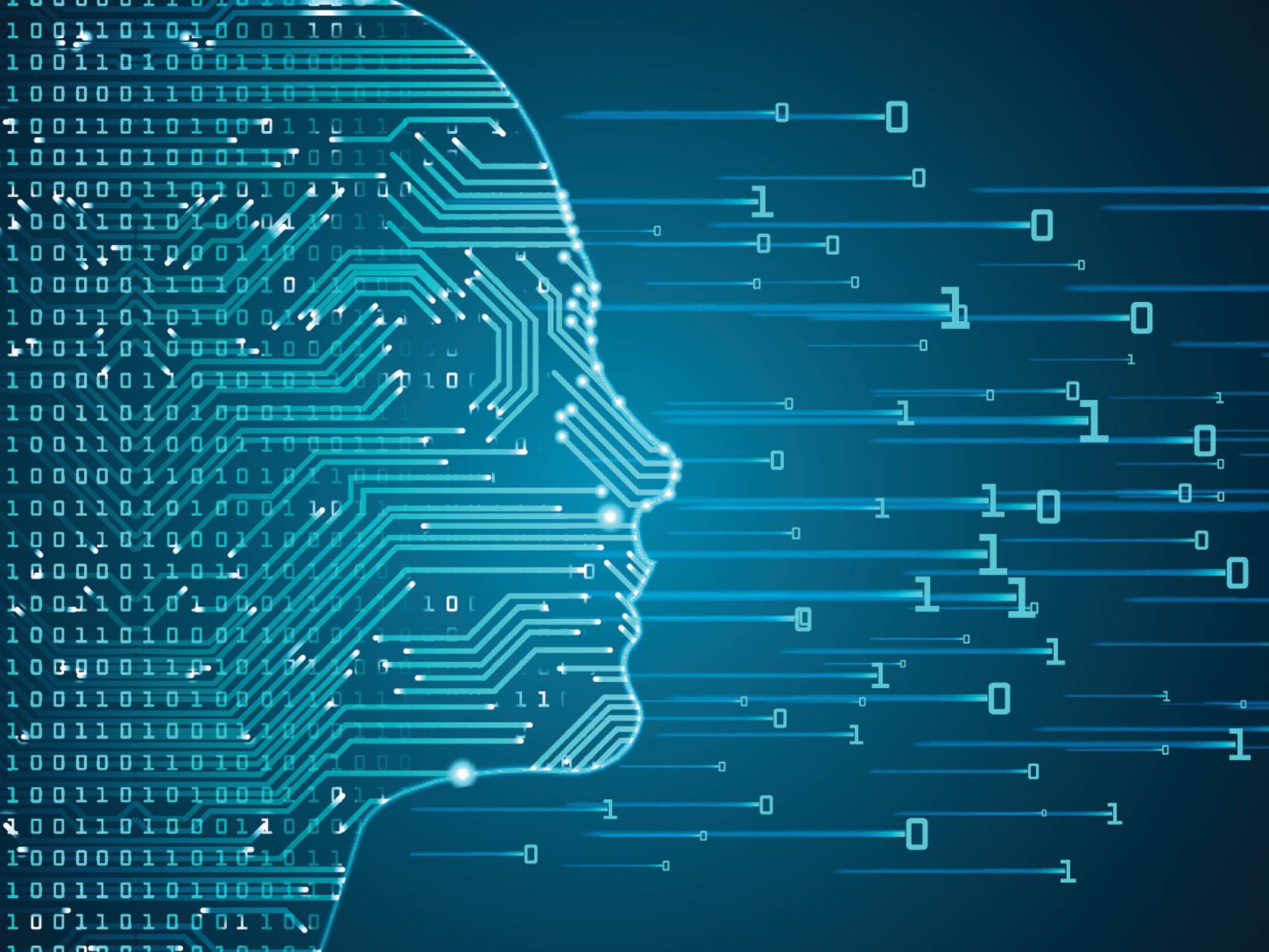
Harnessing Big Data
Data science uses computer science and math to make sense of the massive amount of data being generated in a field such as healthcare. “Most people or industries make decisions based on expert consensus, but there’s just too much information to manage,” says Dr. Alex De Nadai, assistant professor of psychology. “If we can use data science to help that decision-making, we can help things run more smoothly and reduce errors.”
Texas State faculty have partnered with the National Institutes of Health and Fortune 500 companies to solve world problems in the areas of mental health, business, and security. Researchers in De Nadai’s Big Ideas group are using algorithms to interpret brain scans of mental health patients and identify the treatment that’s most likely to help them. They’re developing ways to reduce the number of patients needed for clinical trials, which saves money and makes new treatments available sooner. One researcher is using machine learning to identify patterns in social media posts that might predict attacks against American troops.
De Nadai has used data science to work on issues related to depression, chronic pain, HIV research, and multiple sclerosis. Major donors can work with the team to address other concerns they find personally meaningful.
Texas State is also pioneering a program to teach students data science skills they can apply in one of the nation’s fastest-growing career fields. Students cross-train in math, computer science, and a third subject, such as healthcare, while working on a real-world problem. The data science field is so new that both universities and private companies are still figuring out how to train people. But within five to 10 years, De Nadai says, the industry will come to a consensus. “The people who move first often are the ones who get to define what happens,” he says. “This is a unique opportunity for Texas State to become a leader in this field that’s making a huge difference in the world.” ✪